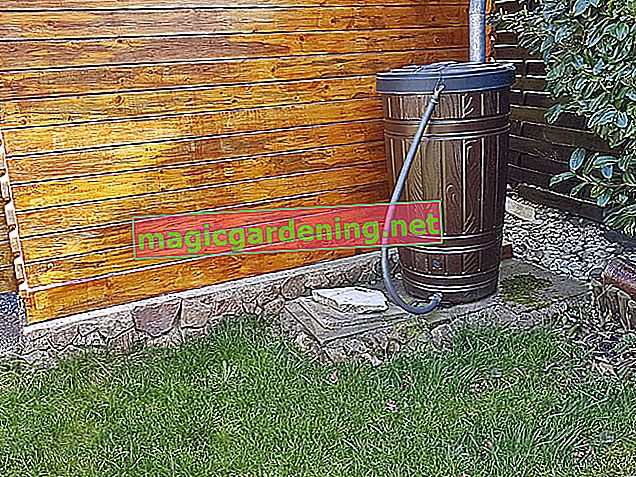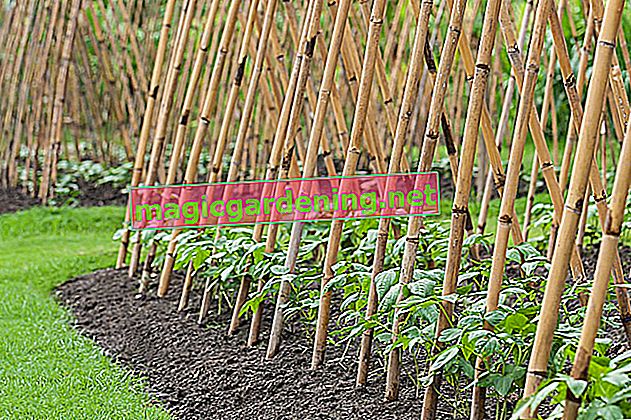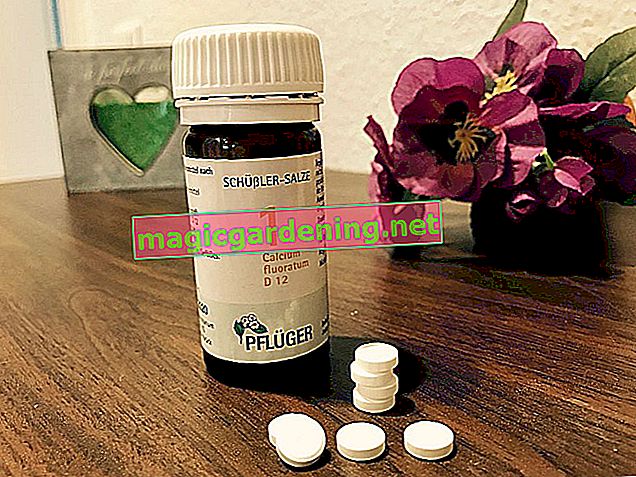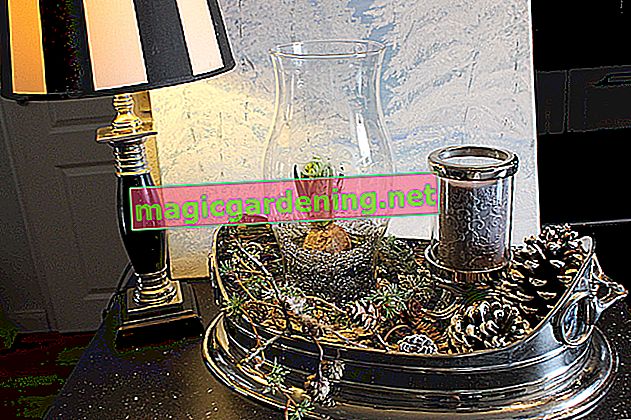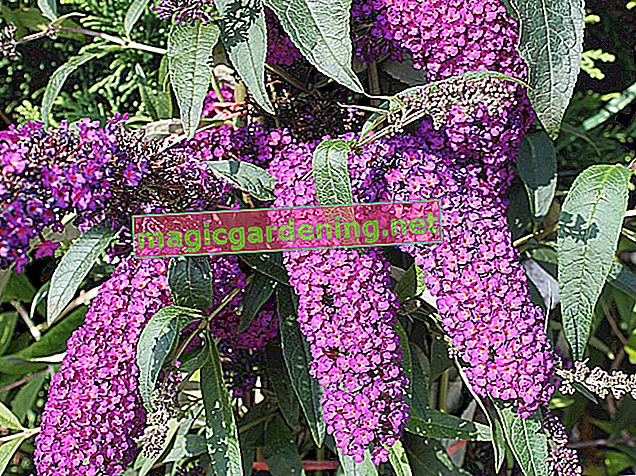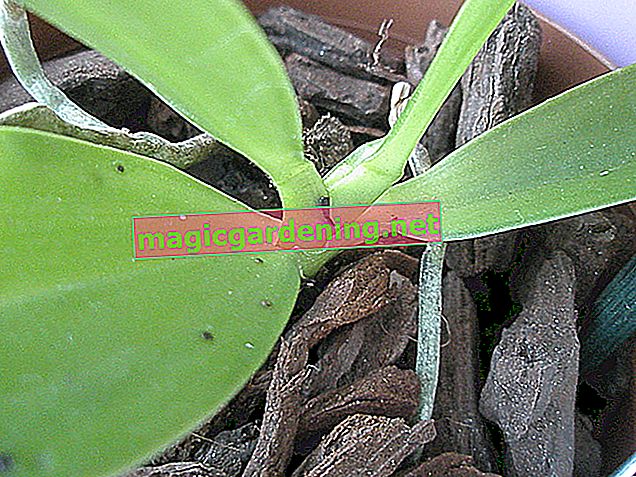
Symptoms and first aid measures
They are whitish-green, yellow or brown-black and with a body length of up to 7 mm can be easily recognized with the naked eye. Aphids mostly cavort on the underside of the leaves and suck up the sap. Typical symptoms are blotchy, stunted leaves that turn yellow and die. Check your orchids regularly for an infestation in order to take these immediate measures at the first notice:
- Pack the culture pot in a plastic bag
- Hold the orchid upside down and rinse the leaves with a sharp jet of water
- Then wipe the leaves with an alcohol-soaked cloth
also read
- Fighting lice on maples - effective home remedies for aphids
- How to fight aphids without chemicals - an overview of tried and tested home remedies
- Here's the right way to combat mold on orchids
Isolate the infected orchid from other plants until it is ensured that the aphid infestation is defeated.
Effective home remedies for aphids - tips on preparation and application
If the immediate control with water does not achieve the hoped-for success, the following home remedies are available to get rid of aphids:
Soft soap solution
Add 1 tablespoon of pure, liquid curd soap or soft soap to 1 liter of lime-free water. (59.99 € at Amazon *) Add 1 teaspoon of alcohol to thick-leaved orchids. Put this solution in a spray bottle and treat the top and bottom of the leaves every 2 to 3 days. The treatment can be repeated until no more lice appear.
Fern broth
Pour 1 liter of water over 100 grams of fresh fern leaves and let everything steep for 24 hours. Then boil the broth and let it simmer gently for 30 minutes. After the brew has cooled down, sieve the leaves. Spray the aphid-populated orchid leaves and shoots with the bracken broth twice a week until the pests are gone.
Tips
The control of aphids must not be postponed. The mostly wingless females are capable of virgin generation. Therefore, the pests spread explosively on orchids and other plants. This applies regardless of whether you cultivate the exotic flower all year round as a houseplant or place it on the summer balcony.


